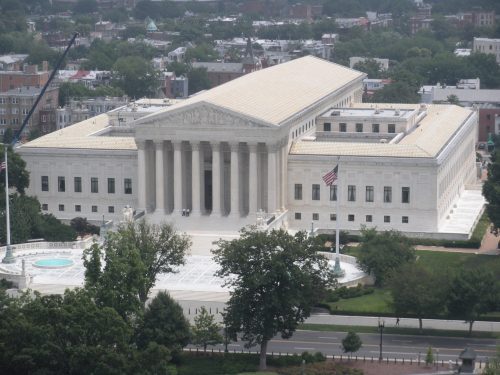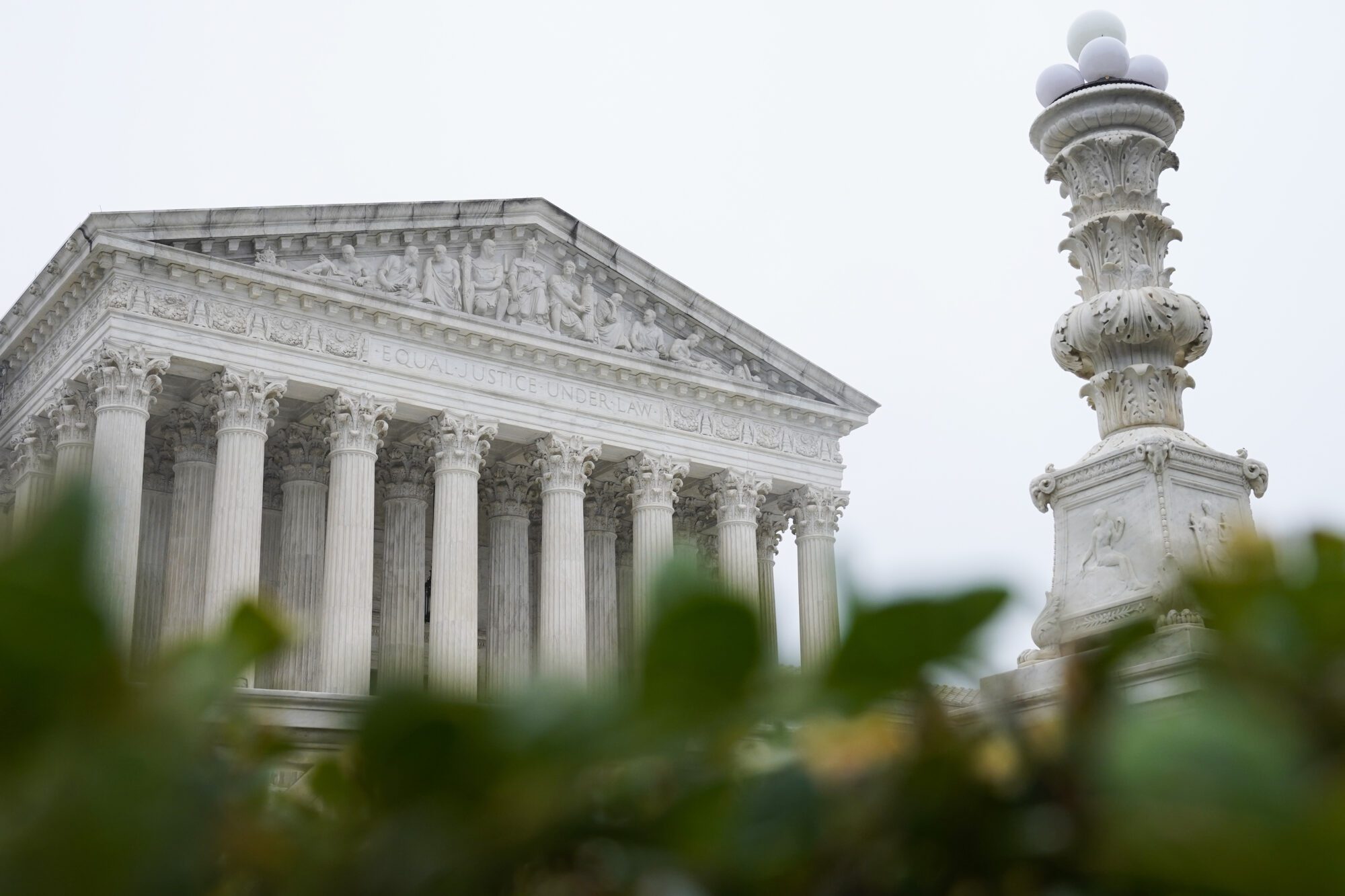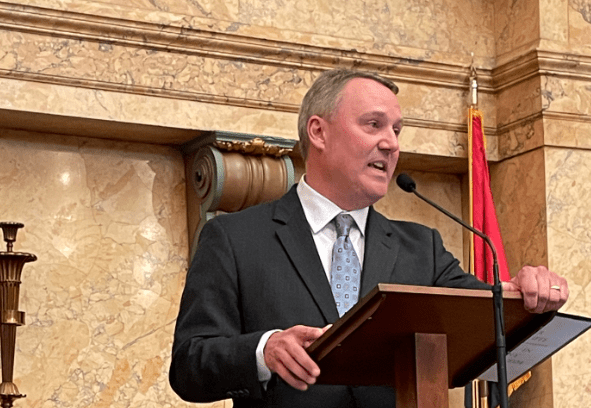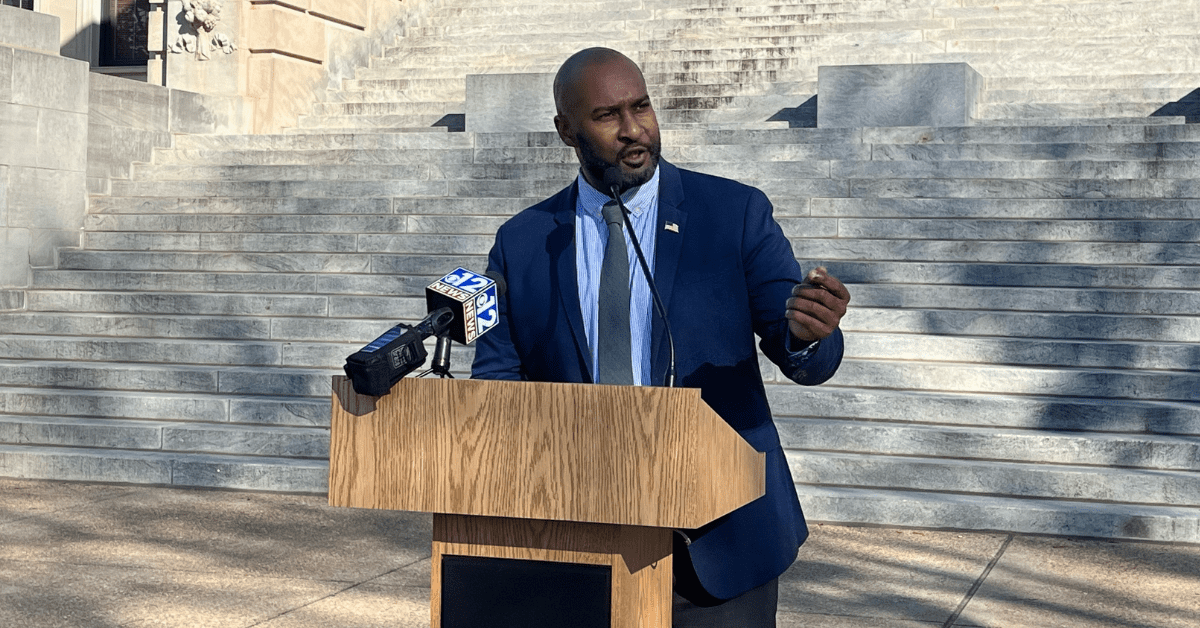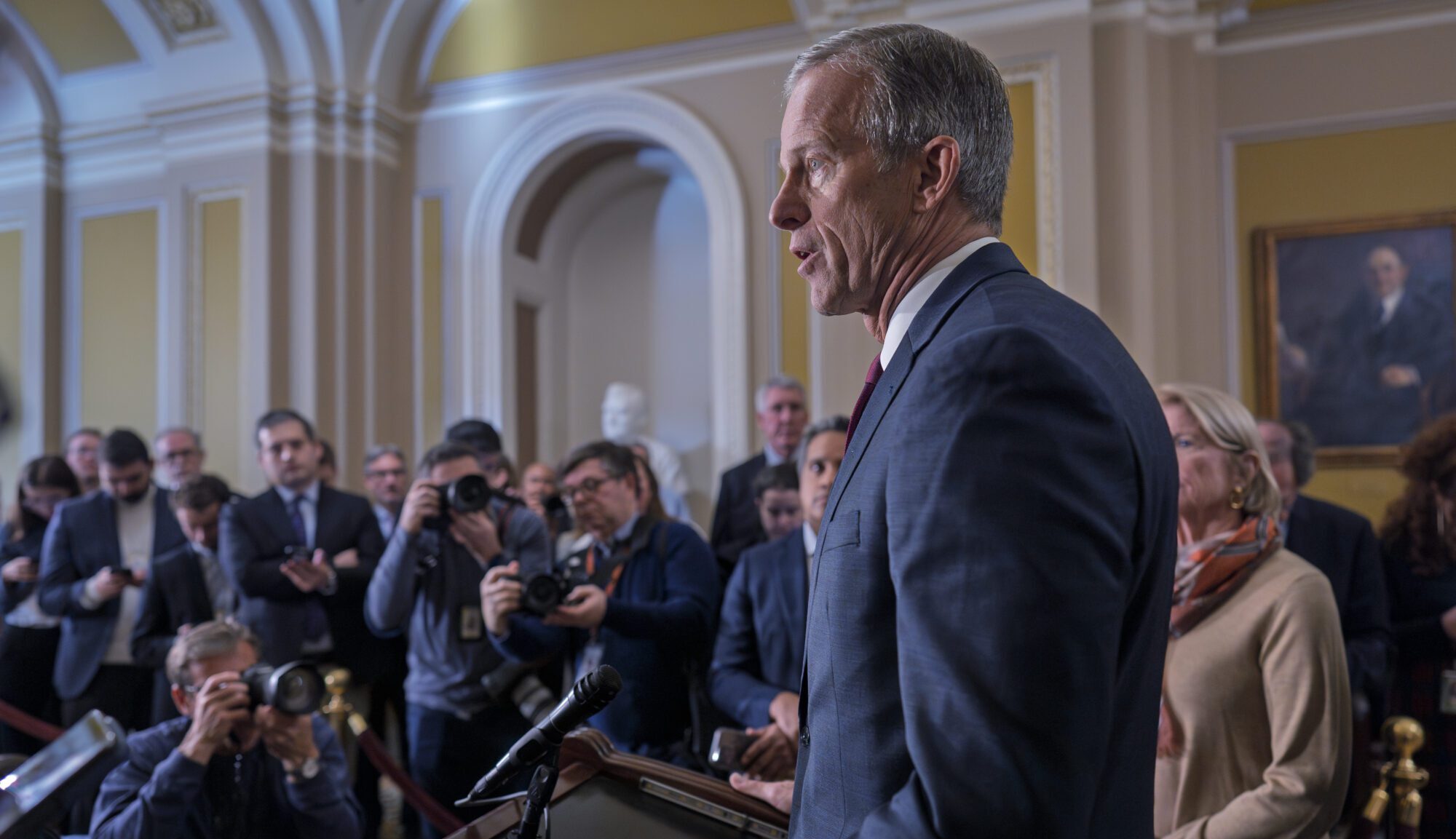
Since the start of the 2019-2020 school year, the number of students enrolled in homeschooling in Mississippi has risen by at least 4,637 students.
In the year preceding the COVID outbreak (2019), an estimated 2.5 million students were homeschooled. By the close of the 2022-2023 school year, that number had ballooned to 3.62 million, according to data taken from the U.S. Census Bureau’s Household Pulse Survey. The rise in homeschoolers in this period marked a 45% increase.
According to the U.S. Census Bureau, by the Fall start of the 2020-2021 school year, 11.1% of households with school-age children reported homeschooling, up from 5.4% in the Spring of 2020. The rise of homeschooling in Mississippi also increased significantly during that period, skyrocketing more than 4X according to the Census Bureau.
The Mississippi Department of Education’s (MDE) accounting of homeschool students was not as dramatic as the Census Bureau, but did reflect large increases. In 2020, MDE reported a drop in kindergarteners and spike in homeschoolers drove a statewide decline in enrollment. Homeschool enrollment increased from 18,758 in 2019 to 25,489 in 2020, removing an additional 6,731 students from public-school attendance rolls.
The question during and since the pandemic on homeschooling was whether the growth was temporary or permanent. The current numbers are down from the peak of the pandemic, but holding considerably higher than pre-pandemic.
How many homeschoolers are in Mississippi?
The Executive Director of the National Home School Association, J. Allen Weston, said it’s very difficult to determine exact numbers of homeschoolers given that twenty-six states either don’t require parents to register as homeschoolers, or if they do require registration, then they don’t keep count.
“As for our experience, here at the NHSA, we grew over 20x since the pandemic started. We have not lost more than a few of the members that signed up in 2021 and 2022 and we are still continuing to grow. We expect to be well over a million members by the start of the 2023-2024 school year,” Weston stated.
During the 2022-2023 school year, 440,285 students were enrolled in Mississippi schools. The Mississippi Home Educators Association (MHEA) explained that Certificates of Enrollment are submitted to local student attendance officers and filed with the State of Mississippi, so they do not maintain a database of home educators in the state, or have statistics on the number of students who were homeschooled pre-COVID, during COVID, or after COVID.
“However, there was a drastic rise in the number of phone calls we received during COVID. MHEA’s calls rose from an average of about 2 per week to 60 per week, and our website traffic increased 241%,” said Jeff Barber, President of MHEA.
“The explanations from parents or legal guardians who contacted MHEA varied widely. Some folks thought the school systems weren’t doing enough to prevent COVID, others thought the school systems were doing too much, and still others wanted to teach their kids differently from other available options. We also do not have any statistics on whether these folks were temporary homeschoolers or long-term homeschoolers.”
In response to a public records request sent to the Mississippi Department of Education (MDE) by Magnolia Tribune, MDE provided a breakdown of how many students were enrolled in homeschooling from 2018-2022. MDE explained that the 2022-2023 data is not available as of yet.
During the 2021-2022 school year, the number of students enrolled in homeschool education decreased by 2,345 students. Since 2019, homeschool students has risen by 4,637.
| 2018-2019 | 2019-2020 | 2020-2021 | 2021-2022 |
| 20,961 | 18,798 | 25,780 | 23,435 |
Compared to all of the school districts in the 2021-2022 school year, DeSoto County had the most students enrolled in homeschooling at 1,802 students. The following counties or districts had less than ten students enrolled in homeschooling:
- Attala
- Baldwyn
- Coahoma
- Hollandale
- Houlka
- Leland
- Oxford
- Pontotoc City
- Western Lake
Why do parents and students choose homeschooling?
According to the Coalition of Responsible Home Education (CRHE), parents may choose homeschooling for a wide variety of reasons:
“Some parents may have concerns about the social environment or academic quality of local public schools. Some want to ensure that their children are educated in accordance with their religious beliefs. Some believe their children will learn better through child-directed learning outside of a classroom setting.”
“Some have children who were bullied in school or have health problems or demanding practice schedules. A growing number of families enjoy the flexibility homeschooling offers, and many children may find that homeschooling is a good fit for their natural learning styles or personalities.”
The Executive Director of the NHSA, Weston, explained that the pandemic removed the stigma associated with homeschooling and allowed parents the opportunity to see the benefits of homeschooling in real time.
“They now know that children learn faster in a homeschooling environment, they are happier, behavioral issues tend to disappear and the children have much more time to do the things that they are interested in that give them fulfillment,” Weston said. “This alone is enough to drive the increase but the ideological shift by the public schools to that of indoctrination rather than education is also a very significant factor.”
Weston stated there are many different styles of homeschooling, ranging from those that try to recreate a public school type setting at home to those that do “unschooling.” In between there are those that have strictly faith-based curriculum programs and those that use anything and everything as learning tools ranging from library books to soup can labels.
“There are many packaged curriculum programs but most homeschoolers do not believe in the “one size fits all” curriculum like the public schools,” Weston continued. “Children have various different learning styles, they learn at different rates and have different interests, so it is very difficult to create a full curriculum that will fit everyone. Instead there are hundreds of vendors that actively work to provide materials on specific subjects and interests that can be used by homeschooling families as they see fit.”
The President of the MHEA said homeschooling is an important educational option for several reasons.
“Parents can not only choose the curriculum that best fits each child’s skills, but they can also present the educational material in the way each child learns best—slowing down or speeding up the pace according to the child’s abilities and needs,” Barber said. “Additionally, home education gives parents opportunities to mentor their children in non-academic life skills. Notably, many prominent figures in our nation’s history were home educated for all or part of the learning experience, such as George Washington, Abraham Lincoln, Alexander Graham Bell, Helen Keller, Thomas Edison, and George Washington Carver, among others. These are just a few examples of why home education is a viable and important educational choice.”
Consequences of declining school enrollment
In March, Mississippi First released an analysis of the consequences of declining school enrollment. They argued that Mississippi experienced a steep decline in public school enrollment during the COVID-19 pandemic, and many schools have yet to experience the full consequences.
“Since enrollment is directly tied to school funding, a drop in students generally spells trouble for school budgets. The Federal Elementary and Secondary School Emergency Relief Fund (ESSER Fund) has filled in funding gaps over the last several years, but the expiration of this funding in September 2024 could leave some schools in perilous financial situations in the years that follow,” Mississippi First said. “Schools and local stakeholders—as well as the state at large—must be prepared for this financial fallout in order to mitigate its harm to students.”
Enrollment in the state’s public school system has seen a continuous declining trend over the last decade. Mississippi First stated that the decline in student enrollment can partially be attributed to demographic trends and the increased participation in alternative schooling options. Between 2010 and 2021, the number of residents in the 5-to-19 age group declined by 6.6% due to outmigration from the state and declining birth rates. Data from the US Census Bureau reveals an 11.6% point increase in the proportion of homeschooled students in Mississippi between May and September 2020, over twice the percentage point increase nationwide.
You can find the 2018-2022 Homeschool Enrollment Report below.



